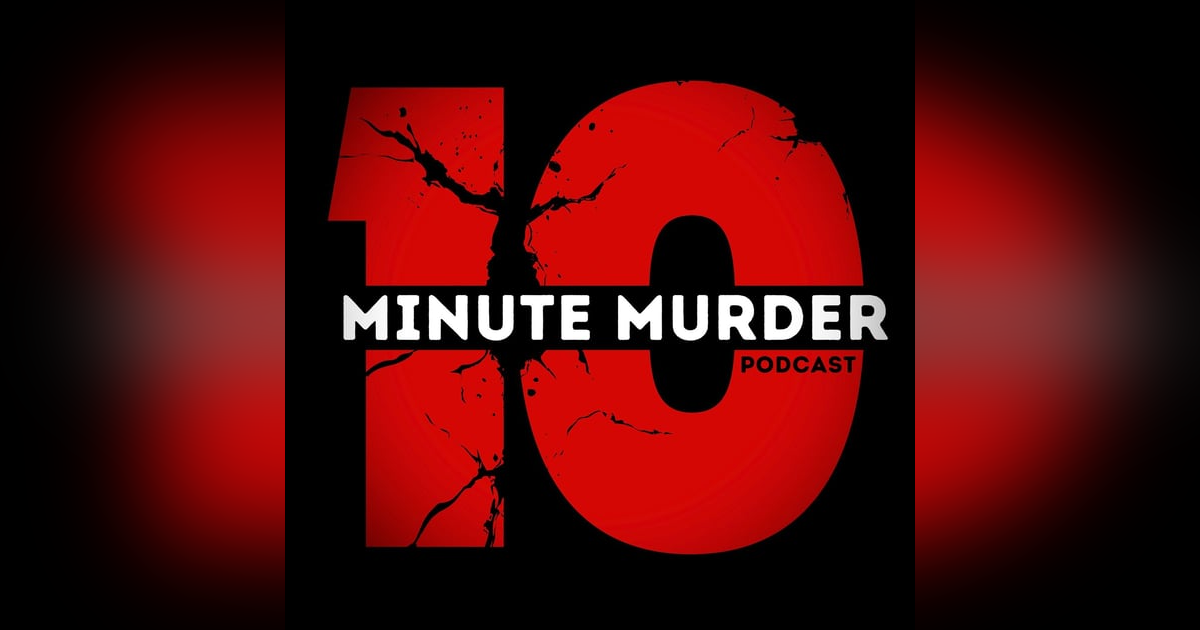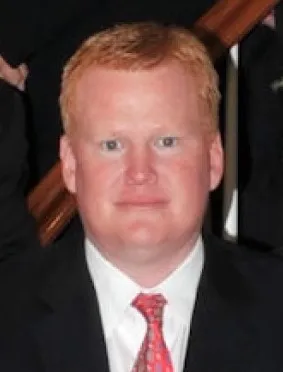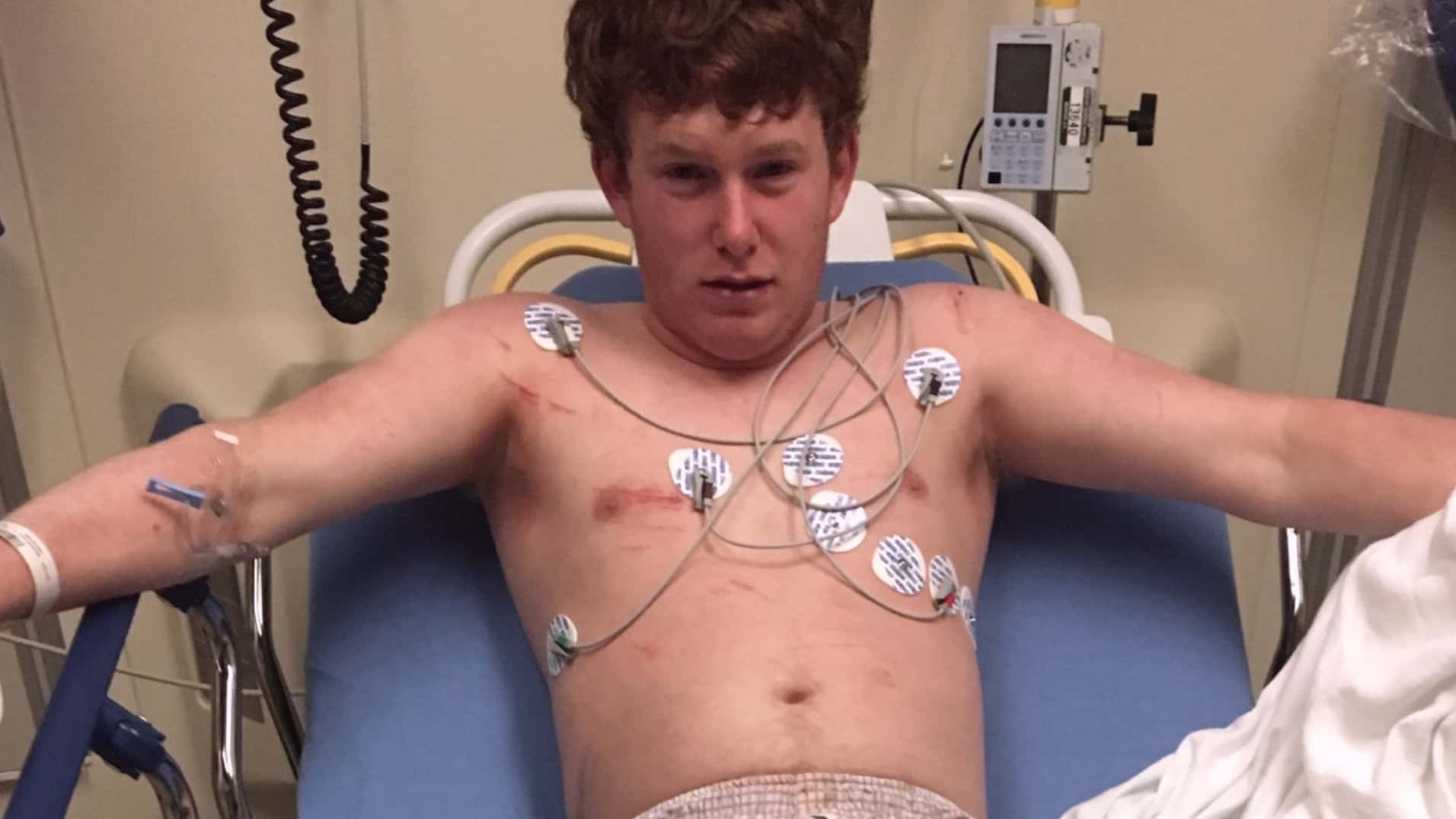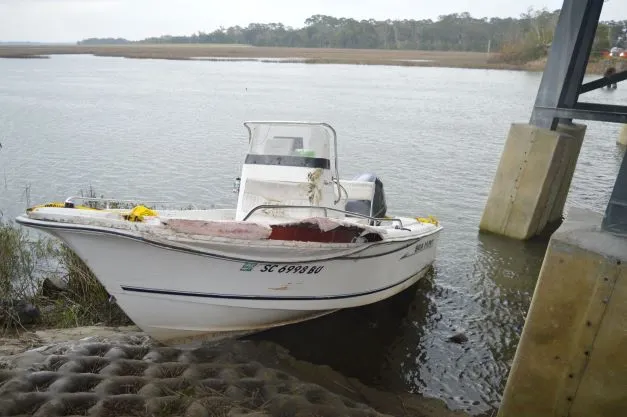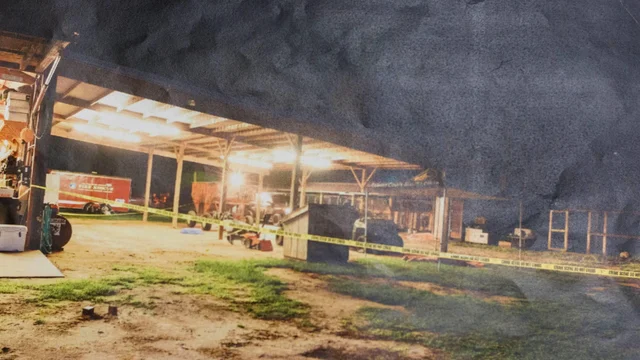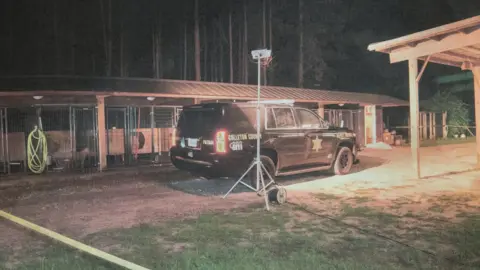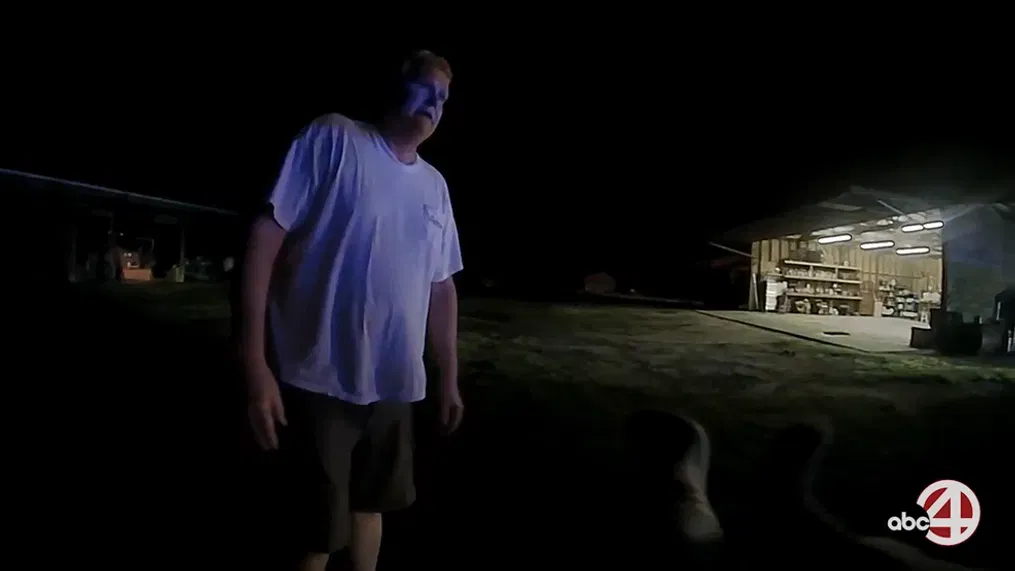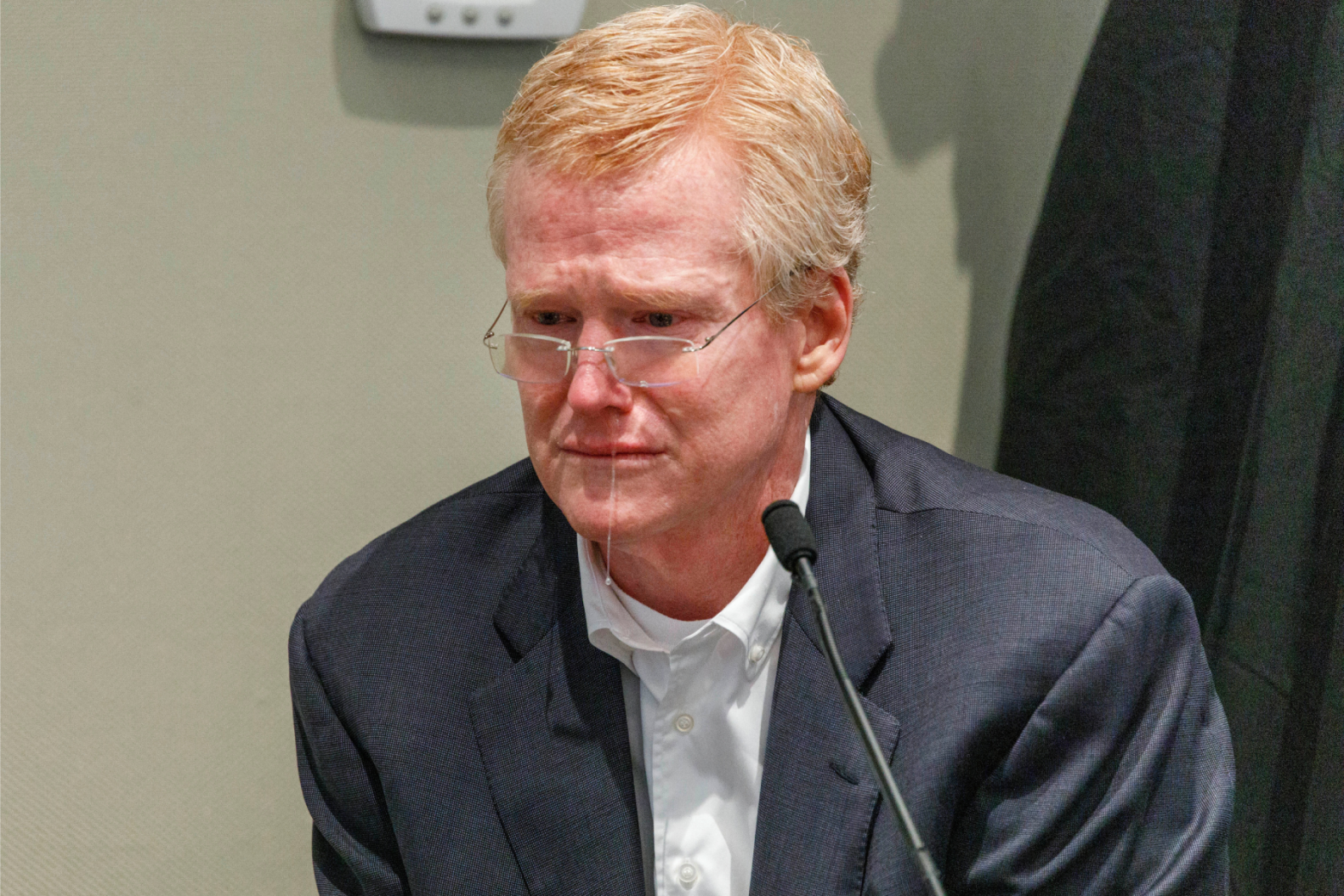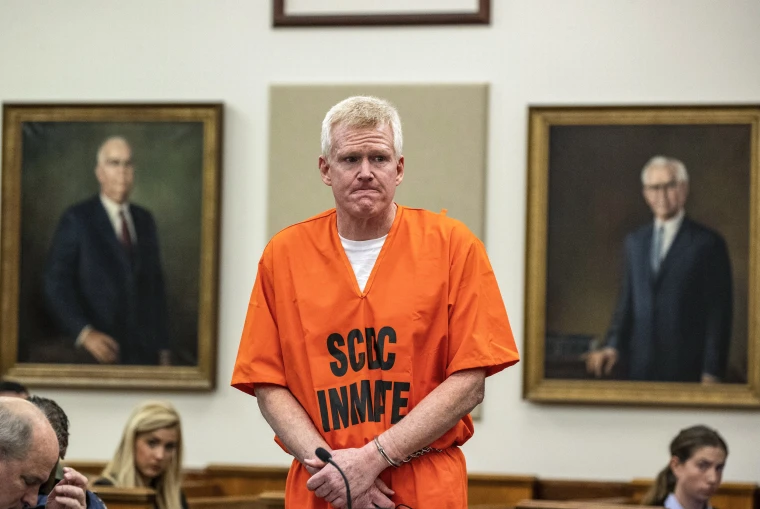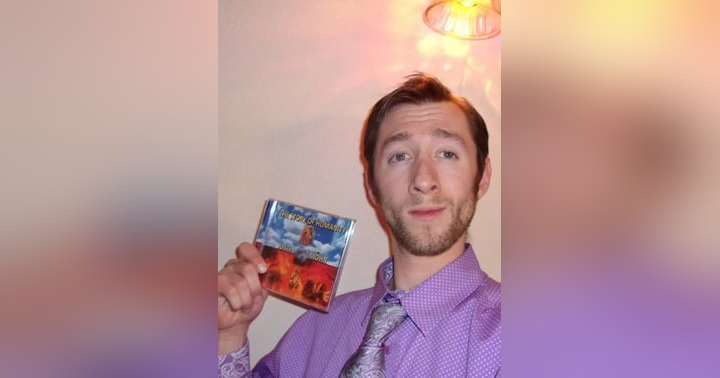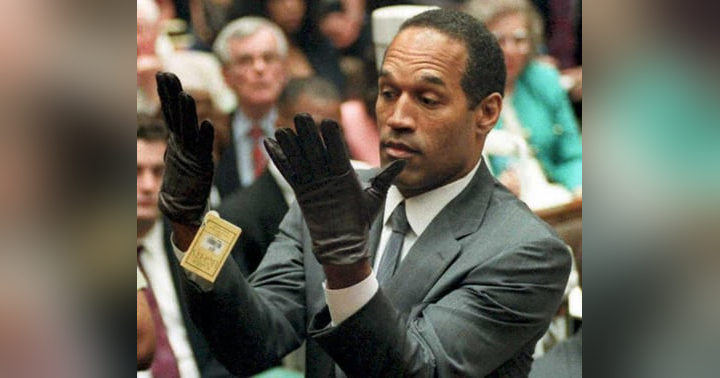Murdaugh Family Crimes: 100 Years of Power, Theft, and Murder in South Carolina

What happens when the family that controls the law decides they're above it? When a name so powerful it can make evidence disappear, witnesses go quiet, and millions vanish without a trace? You're about to find out. Because in South Carolina's Lowcountry, one family had that kind of power for a hundred years. And when it all fell apart, it fell hard.
THE MURDAUGH DYNASTY: WHEN THE LAW PROTECTS THE LAWLESS
The Family That Owned Justice
There's a town in South Carolina where one name meant everything. Not celebrity famous. Not wealth famous. Power famous. The kind of power where you walk into a room and the whole temperature changes. Where cops nod, judges listen, and regular people just know to stay out of your way.
That name was Murdaugh. Pronounced "Mur-dock," if you want to sound like a local.
For 86 consecutive years, from 1920 to 2006, someone from this family served as the chief prosecutor for South Carolina's 14th Judicial Circuit. That's not a small jurisdiction we're talking about. The 14th Circuit covers five counties: Beaufort, Colleton, Hampton, Jasper, and Allendale. Five counties. Nearly a century. Same family deciding who gets charged, who walks free, and who goes to prison.
It started with Randolph Murdaugh Sr. in 1920. He held the job for 20 years. His son, Randolph "Buster" Murdaugh Jr., took over in 1940 and stayed until 1986. Then Buster's son, Randolph Murdaugh III, ran things until 2005. Three generations. One unbroken chain of control over criminal justice in the Lowcountry.
But the family's power didn't stop at the courthouse. In 1910, Alex Murdaugh's great-grandfather founded PMPED, a civil law firm that became the biggest and most respected in the region. Peters, Murdaugh, Parker, Eltzroth & Detrick. Try saying that five times fast. The firm handled the major personal injury cases, the wrongful death suits, the big settlements. So the Murdaughs had both sides covered: criminal prosecution through the solicitor's office, and civil litigation through PMPED.
You couldn't get in trouble in the Lowcountry without running into a Murdaugh. And if you were a Murdaugh, you basically couldn't get in trouble at all.
The Golden Boy with a Dark Secret
Richard Alexander Murdaugh, known as Alex, seemed to have it all figured out. He was a partner at PMPED, the family firm. He volunteered part-time at the solicitor's office until 2021, keeping the family tradition alive. He had a wife, Maggie, and two sons, Buster and Paul. Big house. Boats. Land. The kind of life you'd see in a Southern Living spread.
But Alex had a problem. Actually, two problems.
First problem: He was addicted to oxycodone. Had been since the early 2000s. We're not talking about a pill here and there. Alex was spending between $40,000 and $60,000 a week on pills. Per week. That's roughly $2 million to $3 million a year just to stay high.
Second problem: Even with his lawyer salary and family wealth, nobody has that kind of cash lying around for a drug habit. So Alex started stealing. From his clients. From his law firm. From anyone who trusted him.
He began this pattern around 2011. The firm operated on trust, especially when it came to a Murdaugh. No one was checking Alex's work. No one was auditing the settlement accounts. When he said a case settled for X amount, everyone believed him. That's what happens when your family name is on the door and your ancestors ran the justice system for three generations.
Alex created a fake bank account called "Forge." Sounds official, right? He'd tell clients their settlement money was going into this account for safekeeping. Then he'd pocket it. He had employees draft disbursement sheets that sent money straight to his personal accounts. He claimed attorney fees on annuities that didn't exist. For ten years, he systematically stole around $10 million from the people who trusted him most.
And he would have kept going if a teenager hadn't gotten drunk and crashed a boat.
The Night That Changed Everything
February 24, 2019. Early morning, around 2:17 a.m. Paul Murdaugh, Alex's younger son, was driving the family boat near Parris Island, South Carolina. Paul was 19 years old. He was also drunk. Really drunk. His blood alcohol level was later measured at 0.28%, which is more than three times the legal limit.
Paul had used his older brother Buster's ID to buy alcohol earlier that night. Several friends were on the boat with him. According to witnesses, Paul was acting erratic, aggressive, even violent. He allegedly assaulted his girlfriend. People on the boat begged him to let someone else drive. He refused.
At 2:17 a.m., the boat slammed into a bridge piling. Several passengers were thrown into the water. One of them, a 19-year-old girl named Mallory Beach, never came back up. Her body was found a week later.
The crash should have been straightforward. Drunk driver. Fatal accident. Immediate charges. But this was a Murdaugh.
Alex showed up at the hospital where the surviving passengers were treated. He was reportedly trying to talk to witnesses, trying to control the narrative. A photo introduced later at his murder trial showed Alex at the hospital that night with his solicitor's office badge visibly displayed in his pocket. Not exactly subtle.
Witnesses said Paul was clearly intoxicated at the scene. He was described as "belligerent and stupid" and "acting pretty out of control." But law enforcement didn't administer a field sobriety test. They didn't immediately charge him. There was confusion about who was even driving the boat.
It took two months for authorities to finally charge Paul Murdaugh with three felony counts of boating under the influence. And unlike most people facing felony charges, Paul was released on bond. He never spent a night in jail.
The Lawsuit That Broke the Dam
The criminal charges against Paul were bad enough. But the real threat came from Mallory Beach's family. They filed a wrongful death lawsuit. Not just against Paul, but against Alex, against the family, against everyone who could be held liable.
Civil lawsuits are different from criminal cases. In a civil suit, you have to disclose your finances. Your assets. Your insurance policies. Everything.
And Alex Murdaugh could not let that happen.
For ten years, he'd been stealing millions of dollars. The firm was starting to ask questions. The fake Forge account was a ticking time bomb. If the Beach family's lawyers started digging into his finances, the whole scheme would unravel.
The Boat Case, as it became known, put unbearable pressure on Alex. The civil discovery process was going to expose him. His law partners were going to find out. His family was going to find out. Everyone was going to find out.
So Alex did what desperate people with everything to lose sometimes do. He eliminated the problem.
The Murders at Moselle
June 7, 2021. The Murdaugh family estate on Moselle Road in Colleton County. It was early evening.
Maggie Murdaugh, Alex's wife, had driven out to the property. She texted a friend that Alex sounded "fishy" and was "up to something." She parked her car and walked down to the dog kennels.
At 7:56 p.m., Paul recorded a Snapchat video on his phone. Just a casual video of the family dog. But in the background, you can hear voices. One of them is Alex Murdaugh.
That video would become the most important piece of evidence in the case. Because shortly after 7:56 p.m., someone shot Maggie and Paul Murdaugh to death at those kennels.
Maggie was killed with a rifle. Multiple shots. Paul was killed with a shotgun. Two blasts, one of them fatal. The weapons came from the family's own collection, but they were never recovered.
At 10:06 p.m., Alex Murdaugh called 911. He said he'd just come home from visiting his elderly mother and found his wife and son dead.
The Lie That Sealed His Fate
For 20 months, Alex Murdaugh told the same story. He wasn't at the kennels that night. He was visiting his mother, who had dementia. He came home. He found the bodies. He had no idea what happened.
Law enforcement believed him at first. After all, he was a Murdaugh. He'd worked in the solicitor's office. He was one of them.
But investigators kept coming back to Paul's phone. It was locked. They couldn't access it. Until they could. Using advanced techniques, they finally broke into the phone and found that Snapchat video from 7:56 p.m.
The video clearly captured Alex Murdaugh's voice. He was at the kennels. With his wife. With his son. Minutes before they were killed.
When confronted with this evidence at trial, Alex finally admitted he'd lied. He blamed it on paranoia from his 20-year opioid addiction. He said he didn't trust the investigators. He said once he started lying, he couldn't stop. "Once I lied, I continued to lie, yes sir," he testified.
But he still claimed he didn't kill them.
The jury didn't buy it. If he lied about being at the scene, what else was he lying about?
Prosecutors built their case around motive. Alex Murdaugh was about to be exposed. His decade of theft was about to become public. The Boat Case was closing in. His law firm was asking questions. Three months after the murders, on September 4, 2021, PMPED confronted Alex about missing client funds. He was forced out of the firm.
The prosecution's theory was simple: Alex killed Maggie and Paul to create sympathy, to distract from his financial crimes, to buy himself time. Prosecutors called him a "family annihilator." When the walls were closing in, when exposure was inevitable, Alex chose murder.
The Botched Suicide-for-Insurance Plot
Three months after the murders, Alex tried one more desperate scheme. On September 4, 2021, the same day his law firm confronted him about the stolen money, Alex called his drug dealer, Curtis "Eddie" Smith.
He asked Eddie to shoot him.
The plan was to make it look like a murder. Alex would die. His surviving son, Buster, would collect a $10 million life insurance payout. The family's financial problems would be solved, or at least hidden.
Eddie shot Alex on the side of a rural road. But the bullet only grazed his head. Alex called 911 and claimed he'd been ambushed while changing a tire.
It didn't take long for the truth to come out. Alex's attorneys contacted authorities and admitted the whole thing was staged. Eddie Smith was charged with assisted suicide and insurance fraud.
The failed plot revealed a pattern. Every time Alex faced consequences, he turned to violence. Whether directed at others or at himself.
Justice in the Courtroom Where His Family Once Ruled
Alex Murdaugh was arrested in July 2022 and charged with two counts of murder and two counts of weapons possession. His trial began in January 2023.
The trial lasted six weeks. The prosecution, led by attorney Creighton Waters, presented the financial motive in excruciating detail. The defense argued there was no physical evidence tying Alex to the murders and suggested two unknown attackers were responsible.
On March 2, 2023, after less than three hours of deliberation, the jury found Alex Murdaugh guilty on all counts. The next day, he was sentenced to two consecutive life sentences without the possibility of parole.
The sentencing happened in the same courthouse where three generations of Murdaughs had served as chief prosecutor.
In November 2023, Alex received an additional 27 years for state financial crimes. In April 2024, he received 40 years in federal prison for conspiracy, wire fraud, bank fraud, and money laundering. The federal sentence runs concurrent with his state sentences, meaning the murder conviction keeps him in prison for life regardless of appeals.
The court also ordered Alex to pay more than $8.7 million in restitution to his victims and imposed a forfeiture of over $10 million.
The Corruption Runs Deeper
Alex Murdaugh's legal team filed for a new trial, claiming that Becky Hill, the Colleton County Clerk of Court, tampered with the jury. In May 2025, Hill was charged with three felonies, including misconduct and perjury, based on an independent investigation. The South Carolina Supreme Court is currently reviewing Murdaugh's appeal.
Even if he wins a new trial, Alex Murdaugh is still serving life without parole. The appeal won't change that. But it does reveal something important: the corruption in the Lowcountry didn't start or end with the Murdaughs. It was systemic. It was everywhere.
The Mallory Beach wrongful death lawsuit finally settled. Her family received over $15 million from Parker's Kitchen, the convenience store chain where Paul bought alcohol, and other parties. In October 2024, Alex's portion of the settlement was finalized: $500,000 from the boat's insurance policy. The lawsuit that exposed everything was officially closed.
The Reckoning for a Dynasty
The Murdaugh story is about what happens when one family controls the justice system for so long that accountability becomes optional. For 86 years, the Murdaughs decided who faced consequences and who didn't. And when Alex Murdaugh needed that protection for himself, it worked. Until it didn't work anymore.
A drunk teenager crashed a boat. A 19-year-old girl died. A civil lawsuit demanded financial transparency. And the whole empire collapsed.
As of late 2025, Alex Murdaugh is in prison for life. His law firm has rebranded. His family name, once synonymous with power and respect in the Lowcountry, now means something else entirely.
The victims got restitution. Mallory Beach's family got justice. Gloria Satterfield's sons, who were defrauded out of millions after their mother's suspicious death, received compensation.
But the deeper rot, the systemic corruption that let this happen for a century, that's still being uncovered. Becky Hill's indictment proves it. The reopened investigation into Stephen Smith's 2015 death, which was reclassified as a homicide in 2023 after new evidence emerged during the Murdaugh investigation, proves it.
The Murdaugh dynasty is over. But the reckoning for the Lowcountry is just beginning.
